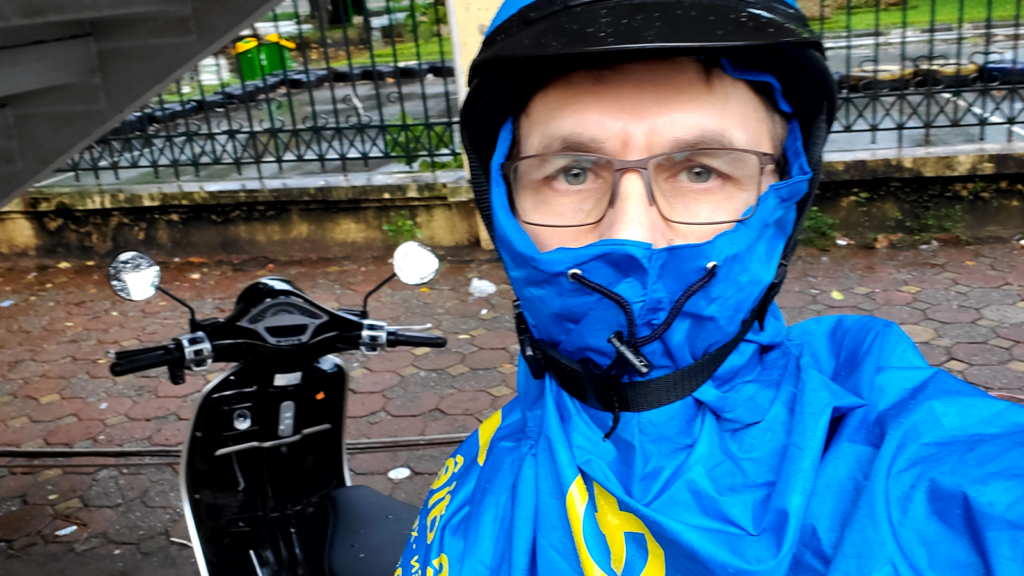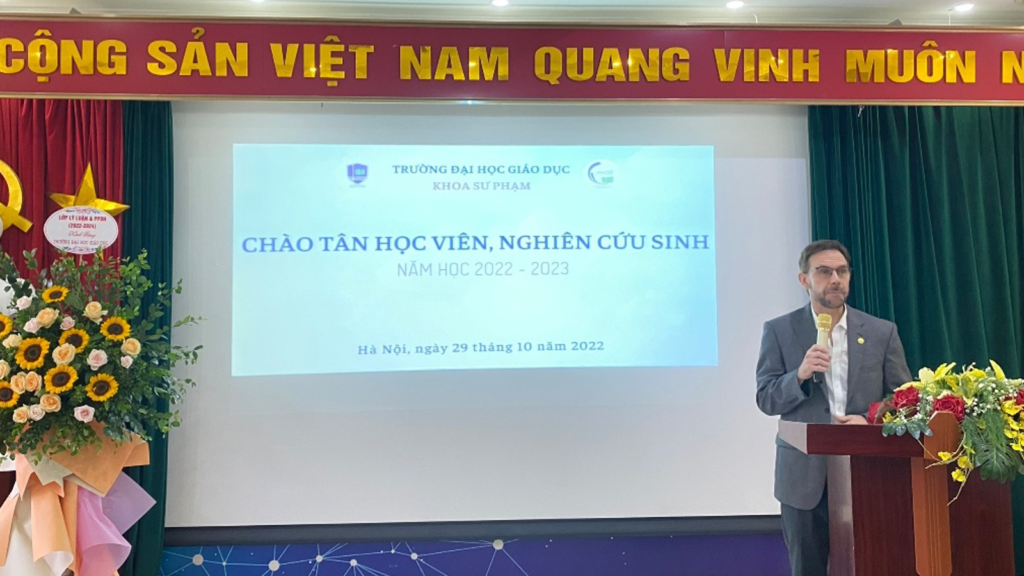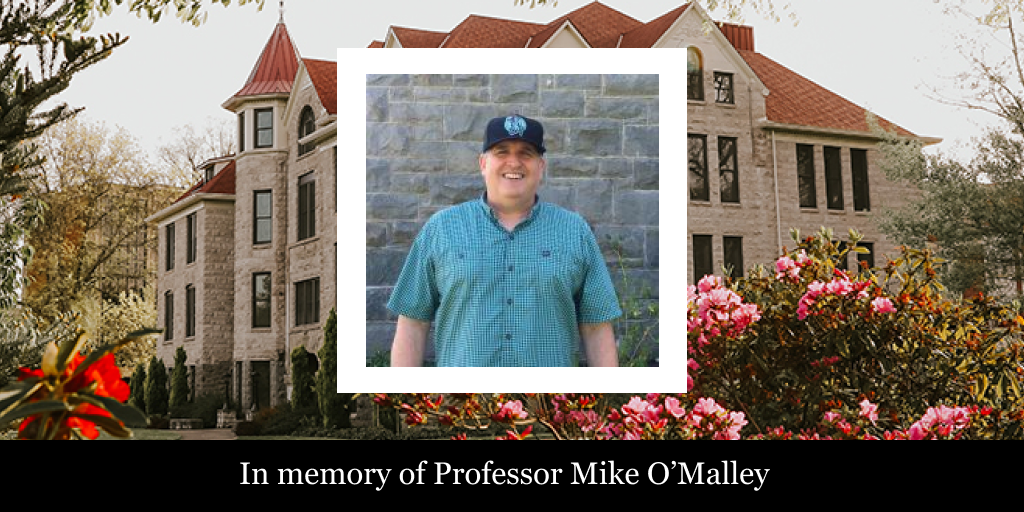
Dr. Amanda Kibler, a professor in the College of Education, centers her research and interest in
language and literacy development for multilingual children, adolescents, and families who are
from immigrant backgrounds and are learning English as an additional language in the United
States. In her recent publication in the International Journal of Bilingual Education and
Bilingualism, “‘I’ll be the hero’: how adolescents negotiate intersectional identities within a high
school language program”, Dr. Kibler examines students in dual language immersion programs
— where students from different language backgrounds learned Spanish and English together
— and witnesses the interactions and negotiations between students and their identities.
Dr. Kibler uses the term “intersectional identities” throughout her research. She explains this as
an “idea that our identities are both multiple and they’re inseparable from each other… and that
particular combinations of identities might bring us more or less power and privilege in a
setting.”
These identities are related to age, race, gender, class, language, gender, sexuality, etc. Kibler
also describes intersectional identities as having a micro and macro level that makes you who
you are. Macro levels would be the items listed above, and micro levels are things that come up
during our interactions with others such as how to hold a conversation or engage with others.
Dr. Kibler explains that within our school systems, intersectional identities are often ignored.
Students are typically treated as a single category or a single box to check, which inaccurately
reduces complex people to singular labels. This can lead to stereotyping and can create
inaccurate and unfair expectations for how a student may perform.
During Dr. Kibler’s study, Spanish- and English-background adolescents in a dual language
immersion classroom were given a task of creating a bilingual children’s book for elementary
school children. Kibler’s research team observed how the adolescents brought themselves into
the conversation of writing these books and how they “negotiated” their complex identities that
may have had more or less power in that setting.
During the creation of their books, the adolescents put together not only their academic
identities, but also their social, extracurricular, racial, linguistic and gendered identities. For
multilingual students from immigrant backgrounds who spoke Spanish as a home language, Dr.
Kibler and her colleagues found that students’ Spanish expertise both helped and hindered their
efforts to assert powerful and positive identities in the dual language program. In some cases,
these students’ expertise in Spanish helped them create more privileged identities for
themselves that disrupted traditional power dynamics. In other cases, however, peers’
misunderstandings about these multilingual students’ Spanish expertise led to them being seen
as either uncooperative or unskilled in their own home languages. So how can teachers use Dr. Kibler’s information to enhance learning and involvement in class?
One way is to make sure students feel like they are in a safe and accepting environment to be
able to claim their own identities. Stereotypes exist even in dual language programs, and so
teachers in all settings need to consider issues of power and privilege.
“Multilingual adolescents may bring some very powerful identities, and some very marginalized
identities in combination, and we have to listen to them to understand what those identities are,”
said Dr. Kibler.
Listening carefully to their students — rather than making assumptions — can help teachers
understand who and what their identities are. Dr. Kibler also states that it is important to talk
directly with the students and encourage them to challenge stereotypes inside and outside the
classroom so that both educators and students can work together to create more equitable classroom environments.















